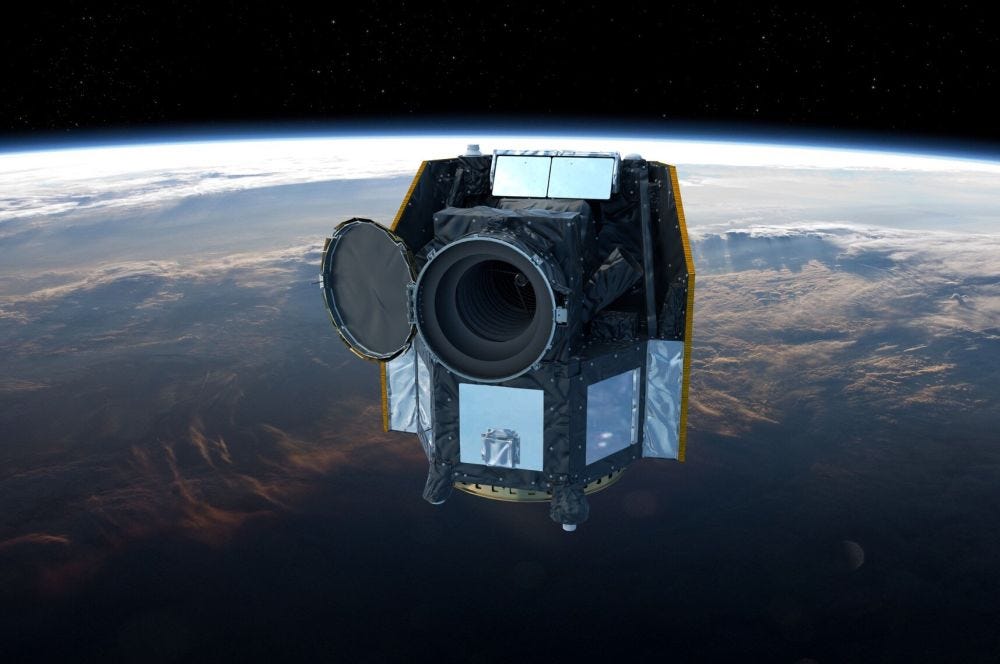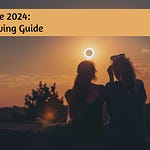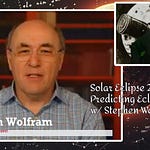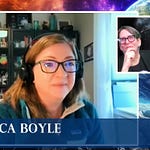In this installment of Astronomy News with The Cosmic Companion, we examine the opening of two new observatories — one on the ground, and the other in space. We will also learn about a new study showing how artificial intelligence can be fooled in the search for extraterrestrial life, and we will remember the crew of the space shuttle Columbia, lost 17 years ago when their vehicle disintegrated on re-entry while returning home to Earth.

An artist’s impression of the CHEOPS observatory in space. Image credit: ESA/ATG Media Lab
The first public video of the Sun taken by the new Daniel K. Inouye Solar Telescope in Hawaii reveals the solar surface in unprecedented detail. The groundbreaking telescope features a primary mirror measuring four meters in diameter, as well as design capabilities capable of observing our parent star with stunning clarity.
Solar activities drive space weather, which can adversely affect electronic devices on Earth, hindering communications. By better understanding activities on the Sun, researchers hope to better refine predictions of weather in space.
Astronomers searching for signs of extraterrestrial life need to comb through vast amounts of data in order to find patterns in seemingly chaotic data. Over the last few years, many researchers are starting to use artificial intelligence to examine data, looking for patterns that could reveal the presence of life.
However, a new study shows that artificial intelligence will sometimes recognize patterns where none exist. Images of a bright spot of ice and salt on the dwarf planet Ceres show a bright white marking, shaped like a square, but computerized analysis also reported a dark triangle surrounding that feature, where no such structure exists. This study suggests that both human and computerized analysis of data will be needed in the search for a life on other worlds.
The CHEOPS space telescope from the European Space Agency is now in orbit, and ready to study planets around other stars. The orbiting observatory was launched December 18th and a cover protecting the optics has now been retracted.
The infrared telescope will search other star systems known to have at least one planet, gathering detailed information on the target. Mission planners expect to release the first images from CHEOPS in the next two weeks.
February 1st marked 17 years since the space shuttle Columbia disintegrated on reentry into the atmosphere of the Earth.
The first-ever reusable crewed spacecraft broke up over the southwestern United States, killing all seven crew members. The work the astronauts carried out on this mission helped to develop the skills of long-term habitation of space, but the accident was one of the major events responsible for ending the space shuttle program.
Video version of this podcast available at: http://bit.ly/Astronomy-News-Cosmic-Companion-Feb-4-2020
Did you like this episode? Subscribe to The Cosmic Companion Newsletter! Astronomy News with The Cosmic Companion is also available as a podcast from all major podcast providers. Or, add this show to your flash briefings on Amazon Alexa.






















Astronomy News with The Cosmic Companion Podcast February 4, 2020